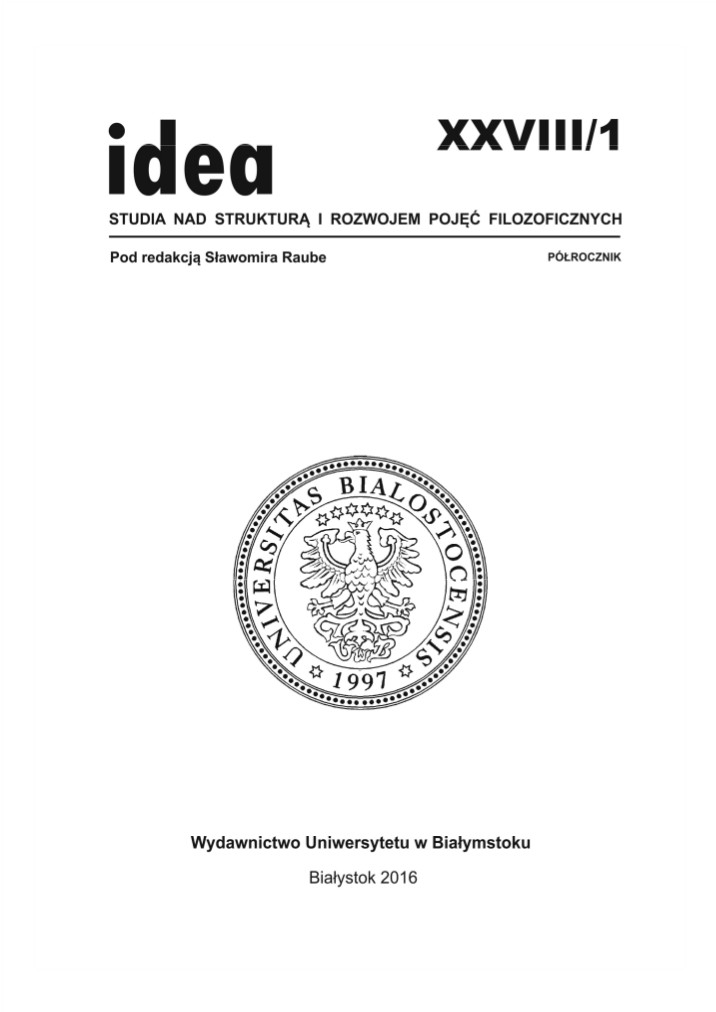Multi-culturalism and the challenges of advancement in post-modern Nigeria in juxtaposition with world best practices
Multi-culturalism and the challenges of advancement in post-modern Nigeria in juxtaposition with world best practices
Author(s): Morris EdogiawerieSubject(s): Social Philosophy
Published by: Wydawnictwo Uniwersytetu w Białymstoku
Keywords: culture; tradition; norms; values; civilization; festival; black Africa
Summary/Abstract: Africa at one time was referred to as the wretched of the earth primarily because of the simple reason and belief that the continent is devoid of civilization, science and technology. Any intellectual and a right thinking individual would agree with this position that civilization is not relative or connected or tied to the west-Europe and America, or any other culture at that. What “Civilization” actually means is that it is the conventional way in which a group of people live their lives. It amounts to their religions, politics, norms and values, cultural disposition, interpersonal relation etc. It is pertinent to comprehend this distinction because it often erroneously believed when the term “civilization” is used the first thing that comes in to the minds of many is that civilization has to do with Modernity, the way of life of the white man, Science and Technology etc. Civilization can be best referred to as the way of life of a group of people, or a society that has a definite, systematic, consistent and organised ways of living their lives or co-existence. It is against this backdrop that this paper is presented, to inter alia, attempt to clarify the meaning of civilization and which group of people that can be regarded or referred to as civilized or not civilized. This exposition, hence, will consider those parameters that translate to civilization such as culture, tradition, norms, values, and festivals, ancestral worship etc. especially of the African people with particular attention on Nigerian in juxtaposition with other practices that are considered to be best world practices. This evaluation is necessitated by the fact that there is a need to explore the potentiality and actualization of the black African heritage and be in the position to judge whether or not the African culture can be on the same pedestal with other world cultures and civilizations that are regarded as most recognised and accepted conventions.
Journal: Idea. Studia nad strukturą i rozwojem pojęć filozoficznych
- Issue Year: 1/2016
- Issue No: XXVIII
- Page Range: 293-318
- Page Count: 26
- Language: English

